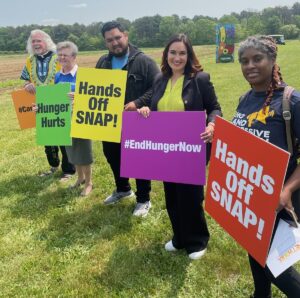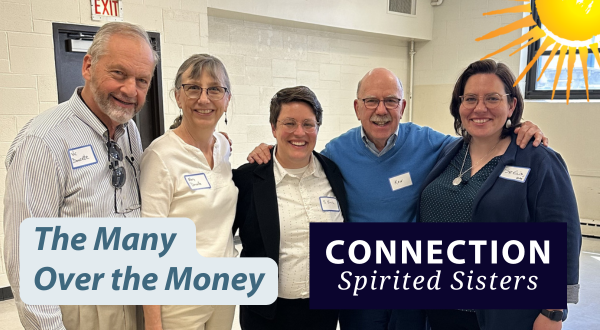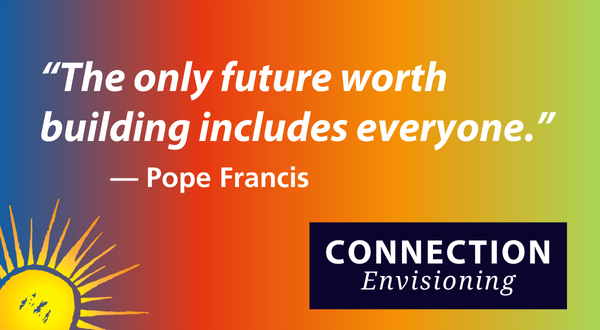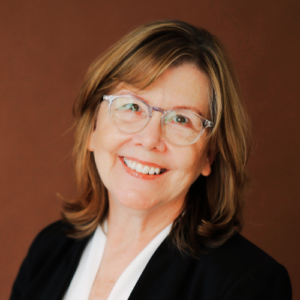NETWORK Condemns Unconstitutional and Malicious Policies, Destruction of Federal Government Under President Trump and Elon Musk
Joan F. Neal
February 11, 2025
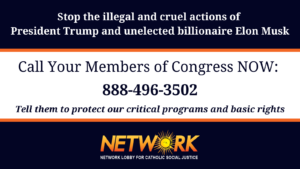
Visit this page to see what you could say on your call: https://networklobby.org/actnow/
Recent actions by the Trump administration during its first three weeks in office, enabling Elon Musk’s attempt to shut down and dismantle key parts of the federal government, fire federal employees, stop federal funding, and shred hard fought civil protections for all of us, amount to an unconstitutional and illegal power grab. “These actions violate protections in our Constitution and founding documents, Catholic social justice teaching, religious freedom, and the dignity of the human person,” said Joan F. Neal, Interim Executive Director of NETWORK Lobby for Catholic Social Justice. She added that all Catholics, indeed all people across the country, should oppose this Administration and these actions. Her full statement follows:
Catholics believe in the God-given dignity of each person, the right and responsibility of every person to participate in society, and justice as the definition of right relationship between all people, God, and God’s creation. The illegal and cruel actions by Elon Musk, an unelected private citizen, violate our basic democratic principles, the rights of We The People and the Constitutional power of Congress.
They foster injustice and tear apart the fabric of our society. His unfettered access to the internal functions of the federal government and his attempts to destroy it from within are absolute threats to our freedoms and the rule of law, principles that make our country what it is – a democratic republic of the people, by the people, and for the people. Government by autocracy and oligarchy is diametrically opposed to the ideals of a more just, inclusive, and pluralist country.
All of us must take action together against such attempts to erode the very foundations of our democracy.
From attempts to defund Medicaid, SNAP, Meals on Wheels, and other vital programs that working families and vulnerable people depend on every day, to dehumanizing attacks on immigrants at schools, churches, and hospitals, to shutting down USAID and firing its personnel, we are a nation under siege by the unchecked power of the richest man on the planet and an Administration that is more concerned with punishing its enemies than lowering the price of eggs and gas for ordinary people.
These actions should give us all pause and motivate all of us, no matter our religion, political party, or station in life, to oppose this Administration’s attempts to dismantle our democracy. No one voted for a king or for rule by an unelected band of billionaires.
History, including U.S. history, is filled with examples of brave everyday people coming together, organizing and resisting efforts by governments to destroy their freedom and safety. Now it is our turn to do the same. Now is the time to take action against this direct attack on our democracy. Now is the time to call our members of Congress and tell them to resist the unconstitutional, illegal, and immoral actions of this Administration. Now is the time for all of us to come together, hold our leaders accountable, organize for justice, and say, “Not this time! Not in our country! Not on our watch!”
Together, we can shine the light of truth and lead the way to a more just, inclusive, and promising future where everyone thrives, no exception.








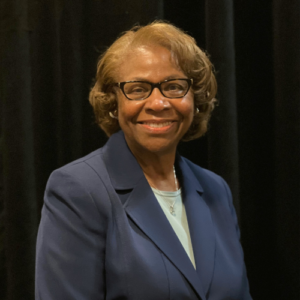
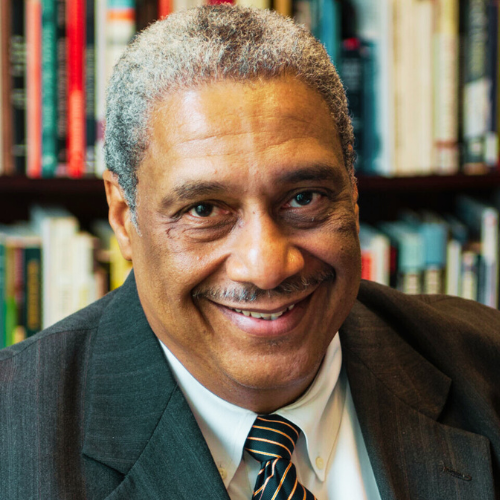

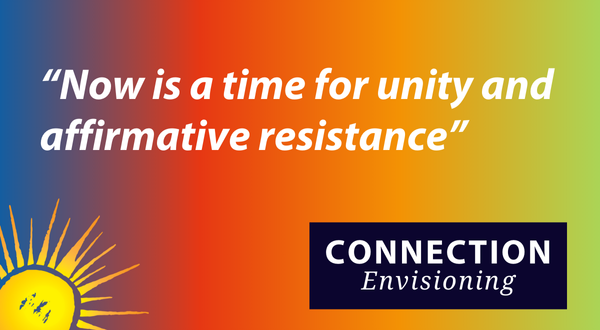

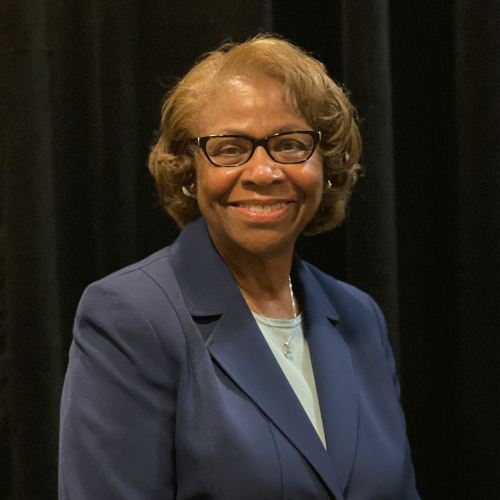
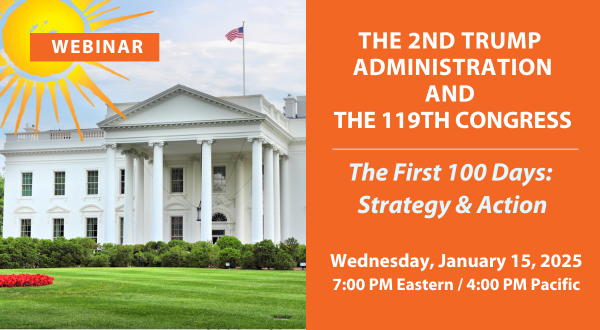
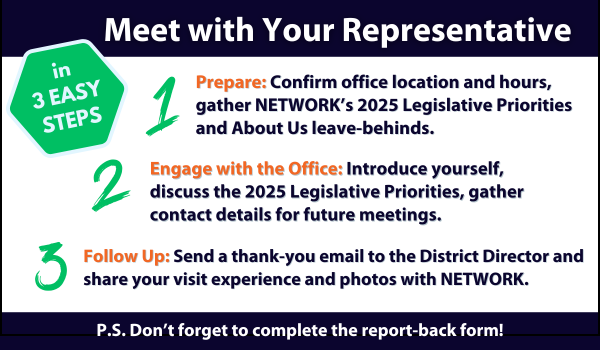
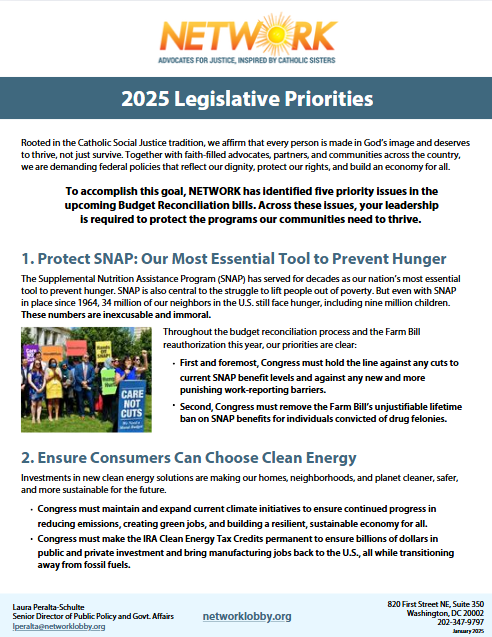
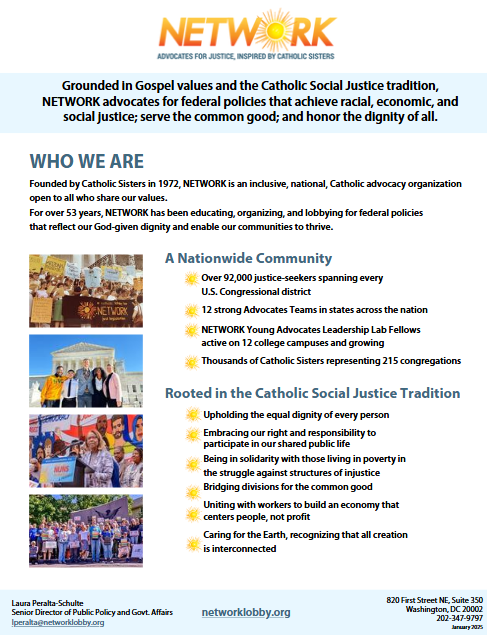
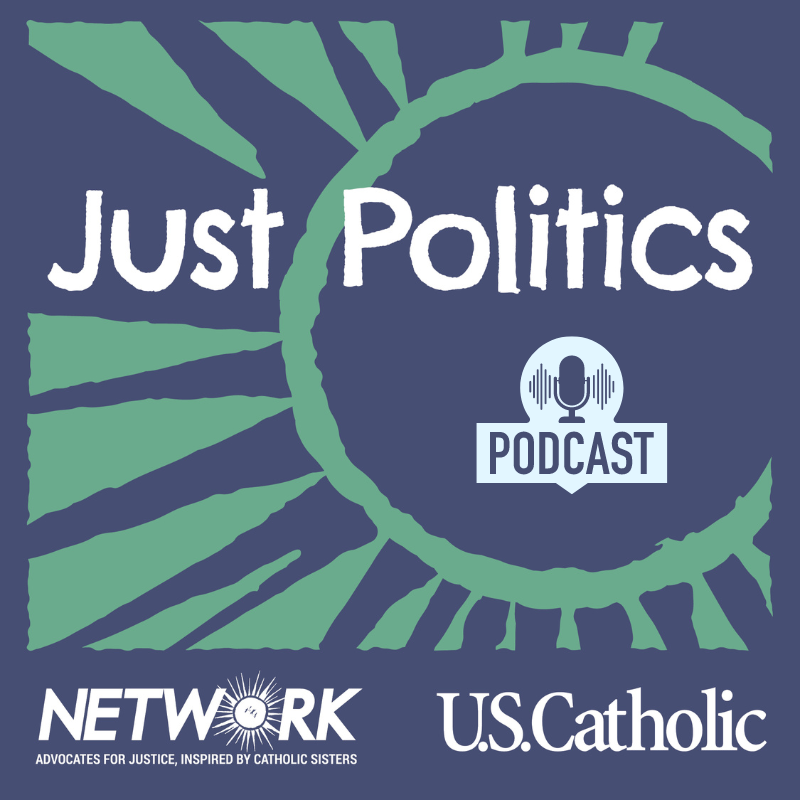
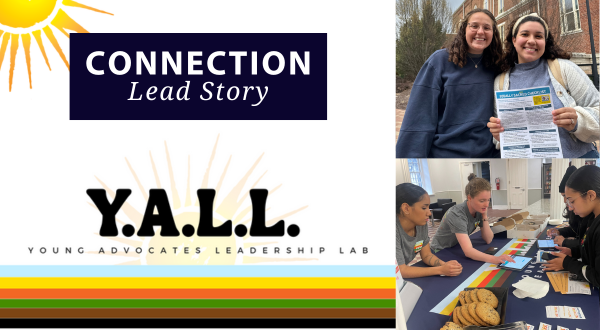
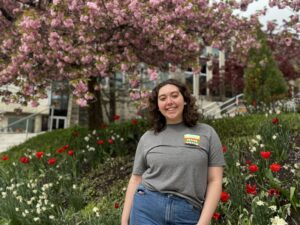
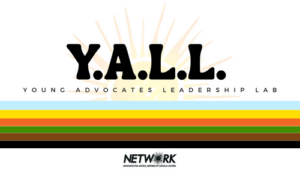
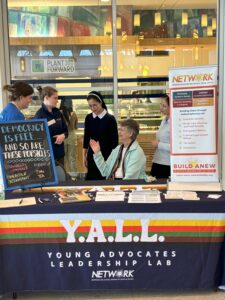
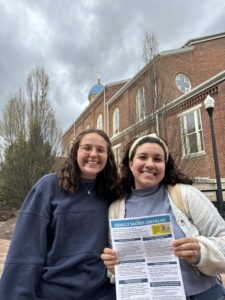
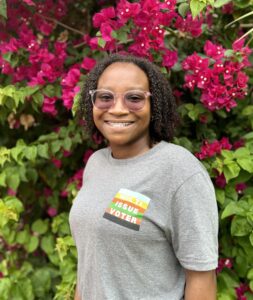
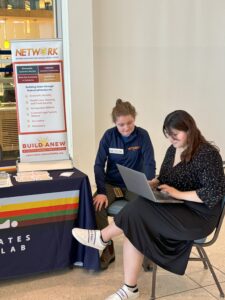

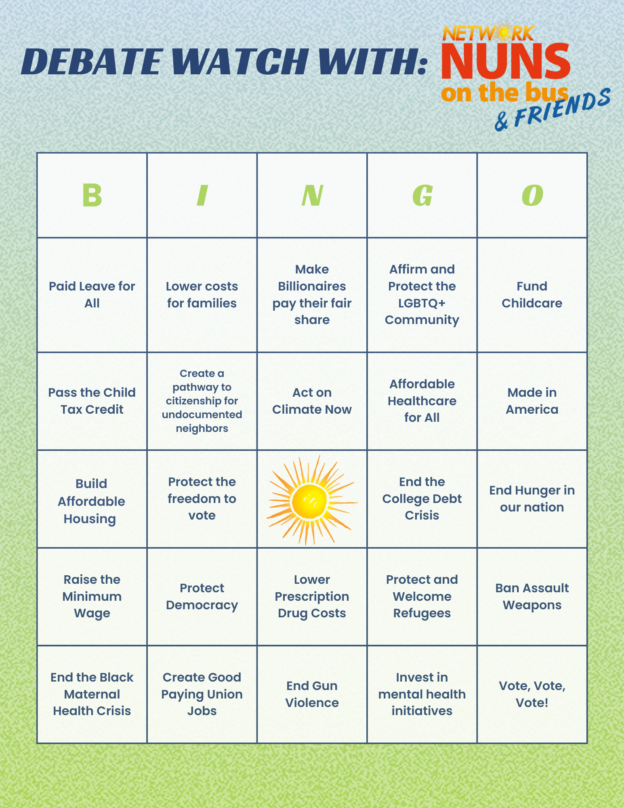
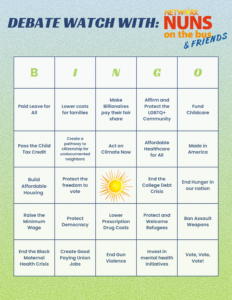

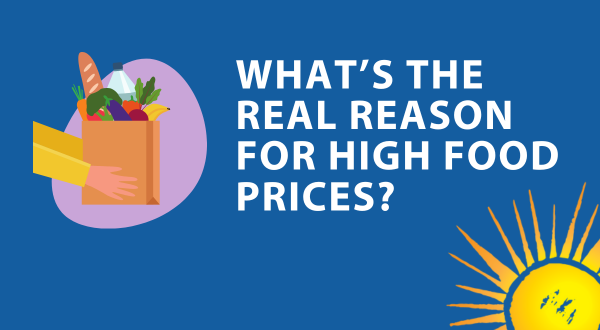
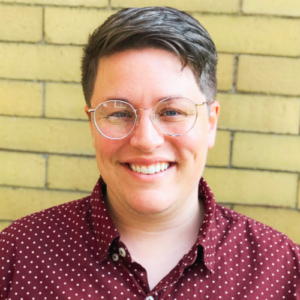
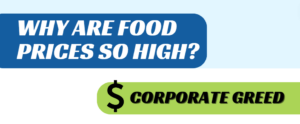 Big corporations made $2.5 trillion in profits in 2021 alone, their most profitable year since 1950—and corporate food executives still raised prices.
Big corporations made $2.5 trillion in profits in 2021 alone, their most profitable year since 1950—and corporate food executives still raised prices.
